Our Values
At Tesera, our focus is on deploying advanced and scalable nature-based solutions to enhance diversity and resilience, while reducing the societal, financial and environmental risks from climate change.
We are dedicated to addressing climate change by developing and implementing innovative, data-driven solutions. We collaborate with like-minded organizations to reduce negative climate impacts and strengthen our collective preparedness.
OUR APPROACH
Our approach to mitigating the impacts of climate change and sustaining natural resource landscapes involves:
Whole-of-Society Collaboration: We partner with the private sector, all levels of government, Indigenous Peoples, local communities, international and non-governmental organizations, and academia to foster knowledge sharing and drive risk-reducing research.
Action-Oriented Implementation: We enable implementation of mitigation and adaptation actions, such as sustainable forest management, advanced nature-based solutions, and Indigenous traditional ecological knowledge and practices, to reduce the risk of extreme climate events. These actions are rooted in scientific research and local knowledge.
Promoting Understanding: We foster understanding of climate change's causes and advocate for natural resource-based solutions that protect and sustain our environmental and forest assets.
OUR CONTRIBUTION
We contribute to global sustainability and capacity building in climate change by:
Leveraging Expertise and Technology: We bring over a century of experience in forest management, nature-based solutions, geomatics, data and risk analytics and modelling.
We utilize cutting-edge research, advanced tools, and technology to forecast, identify and monitor natural resources and forest landscapes at scale. We integrate AI-based Machine Learning with geospatial and remote sensing data and analytics.
Building Shared Capacity: We work to mitigate and respond to the impacts of climate change on human health, local communities and global economies.
Enhancing Interoperability: We share best practices and, where relevant, develop common protocols, capabilities and procedures to improve interoperability and outcomes.
Improving Data Access: We support ways to improve timely access to data, information and capabilities that address regional and local needs.



